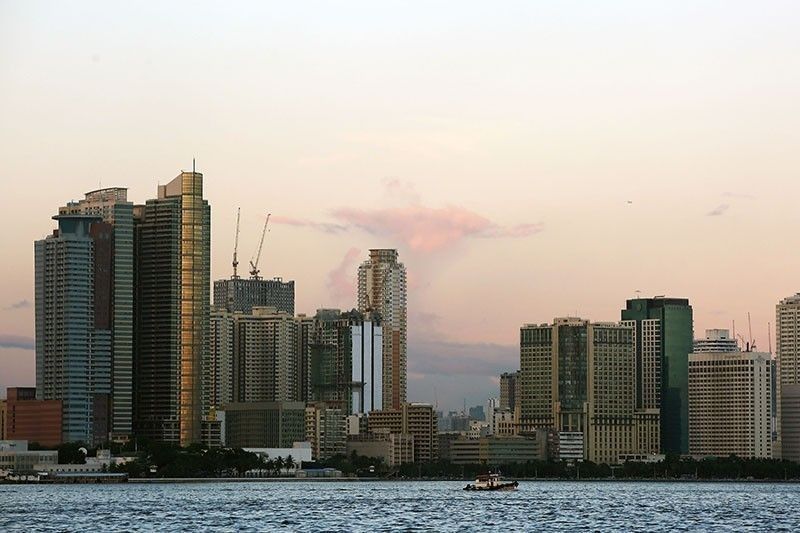Virus sinks FDI pledges to 2-year low in first quarter

MANILA, Philippines — Foreign direct investment (FDI) pledges in the country’s economic zones sank to their lowest level in 2 years in the first quarter, laying fresh evidence on how investors were turned off by the pandemic which the government seeks to fix through a cut in corporate taxes.
A total of P29.4 billion FDI pledges were approved from January to March, down 36.2% year-on-year from P46 billion recorded same period a year ago, the Philippine Statistics Authority (PSA) reported Thursday.
The data was the lowest recorded since the first quarter of 2018 when FDI pledges amounted only to P14.21 billion.
While pledges may or may not translate to actual inflows in the future, they serve as vital gauge of sentiment especially since investment decisions on this front are greatly affected by tax perks offered them. They are also different from the central bank’s own measure of FDI inflows, which is on a net basis and uses a threshold of at least 10% foreign equity to be included in the tally.
That said, the dismal tally was expected. While the coronavirus pandemic slowly engulfed the globe starting in January, the economic damage did not accelerate until two months later when a Luzon-wide lockdown was enforced in March 17. Other areas in the archipelago, including those hosting ecozones, followed suit.
“Definitely, the COVID-19 pandemic played a huge role in this foreign investments decline, and I do expect further sluggishness of pledges as the pandemic roils on,” Ruben Carlo Asuncion, chief economist at the Union Bank of the Philippines, said in a text message.
FDI pledges are bets placed on the country’s ecozones, whose key attraction are tax holidays and other perks. As part of its stimulus measures, the government is banking on these incentives— and a 5% cut on corporate income tax rate— to do their magic and lure back foreign investments potentially lost during the pandemic, as well as new ones.
That proposal is contained under the Corporate Recovery and Tax Incentives for Enterprises (CREATE) bill now pending at the Senate. The bill, which departs from its original intention since 2017 to reduce tax perks and raise revenues, is recommending incentives to stay put longer as a way to entice investors to bet on the Philippines.
“The immediate 5% cut in the corporate income tax strikes a good balance between the fiscal needs of our country and the need to support businesses,” former chiefs of the finance department and economists said on Thursday.
“The reduction in the tax rate will provide businesses more resources to pay for their expenses and keep their employees,” their statement, a copy of which was shared by the finance department, read.
PEZA pledges dip 5%
On PSA’s report on Thursday, data showed that P12.32 billion of approved pledges were made to ecozones operated by the Philippine Economic Zone Authority (PEZA), the largest ecozone operator. The amount was down 5% year-on-year, but accounted for nearly 42% of pledges during the first quarter. In contrast with the finance department, PEZA is opposed to CREATE, saying changes to the tax incentives regime during the pandemic could result in business closures.
The situation was worse on other ecozones. No investment approval was reported from ecozones in the Bangsamoro region, while commitments made to the Board of Investments plunged 56.6% annually, while those in Subic (-92.9%) and Bataan (99.5%) dramatically fell year-on-year.
On the flip side, approved pledges in Cagayan registered an annual growth rate greater than 1,000% in the first quarter, data showed.
“A significant recovery is expected in 2021, highly dependent on a quick discovery and wide administration of a COVID-19 vaccine,” he said.
- Latest
- Trending































